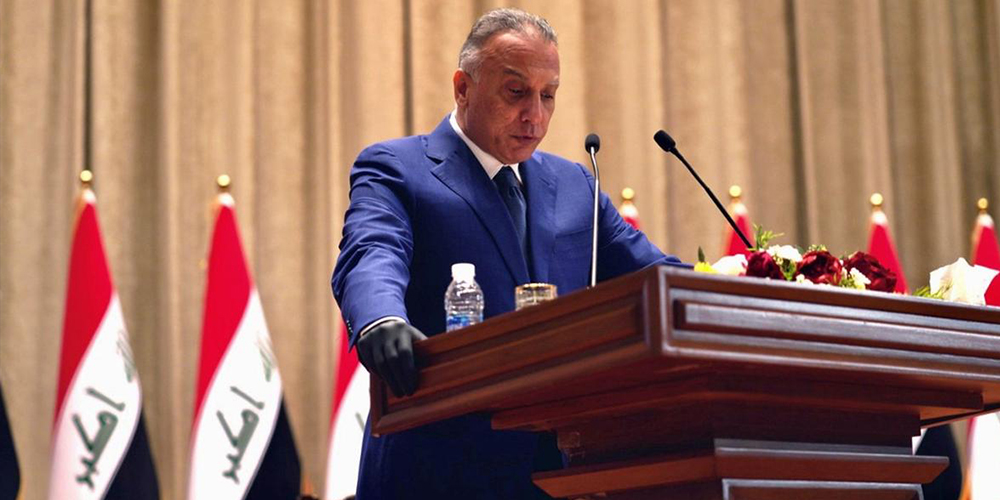
After nearly five months without a government at the helm of affairs, Mr. Mustafa Al-Kadhimi was announced as the Prime Minister of Iraq on 7th May, 2020. Mr. Al-Kadhimi, an erstwhile journalist and former head of the National Intelligence Service, stepped in to take the reins after two earlier attempts to form a government - by Mr. Mohammed Allawi and Mr. Adna Al-Zurfi - did not materialise. Mr. Al-Kadhimi has managed to secure a parliamentary consensus by offering ministries to politicians from other political parties; analysts suggest that this move is necessary to strike the balance between his non-affiliation as well as his political ambitions.
Iraq has been subject to widespread protests since October 2019, reportedly led by the younger sections of the country’s populace. The main demands put forward by them include ridding the Iraqi political structure of any influence from its Saddam Hussein days, the eradication of corruption from the nation’s systems, the stabilisation of the job market and the solidification of Iran’s security in light of the frequent US-Iran standoffs. Then-Prime Minister Adil Abdul-Mahdi’s inability to pacify the protestors coupled with a string of unsatisfactory political decisions saw him relinquish his role in December 2019, after which no leader could prove their strength, until now.
Mr. Al-Kadhimi’s appointment seems to have been warmly received by the US and Iran, with Washington even granting Iraq a four-month waiver on Iranian electricity as a perceived gesture of their approval. Mr. Al-Kadhimi’s influence among the Western circles may see newer forms of diplomacy emerge between Iraq and the US, while any support received from Tehran may see a change in dynamics among the highly skeptical Middle Eastern climate as well. All eyes seem to now be on how the Prime Minister would be dealing with the prevailing situation between the US and Iran, particularly against the backdrop of Iraq turning into a near-proxy battlefield earlier this year.
One of the Prime Minister’s first political decisions after taking charge has been to release protestors imprisoned under the previous tenure, while declaring his intention of bringing those responsible for the same to justice. Another strategic move has been to re-appoint Lieutenant General Abdul Wahab Al-Saadi as the head of counter-terrorism operations. The Iraqi General - who played a major role in the country’s offensive against ISIL - had been demoted by ex-Prime Minister Adil Abdul-Mahdi, which contributed significantly to the latter’s unpopularity. Furthermore, the Prime Minister would want to focus on the Covid-19 situation at hand, as well as the issues being caused on accord of the rising oil prices, if he wishes to win the confidence of his people.
Written by
Abhishek Krishnamurthy, Intern